The Allure of Uji Matcha - Japan's Traditional Treasure
The Allure of Uji Matcha - Japan's Traditional Treasure
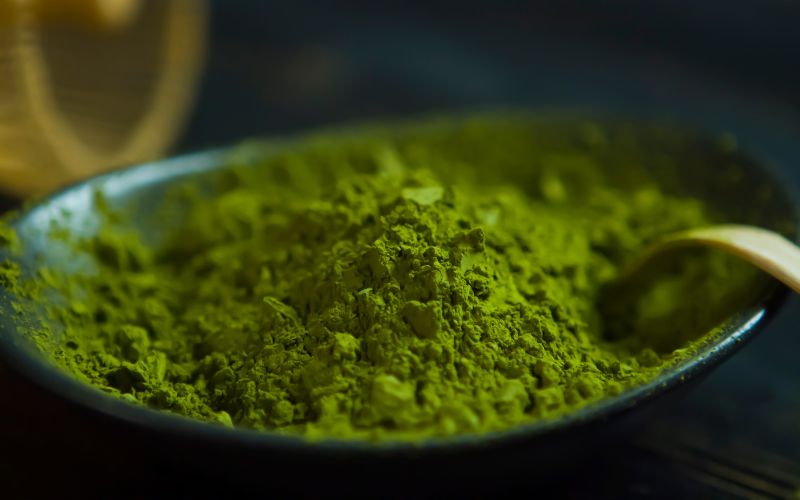
Authentic Japanese matcha from Uji has captivated tea enthusiasts worldwide with its exceptional quality and rich heritage.
This premium matcha powder, particularly ceremonial grade matcha from this historic region, represents the pinnacle of Japanese matcha culture.
With its deep green color and complex flavor profile, let's explore what makes Uji matcha the best matcha powder available and why connoisseurs constantly search for where to buy matcha directly from this renowned area.
Geographical Features of Uji and Matcha Cultivation
Unique Topography Nurturing Premium Tea Leaves
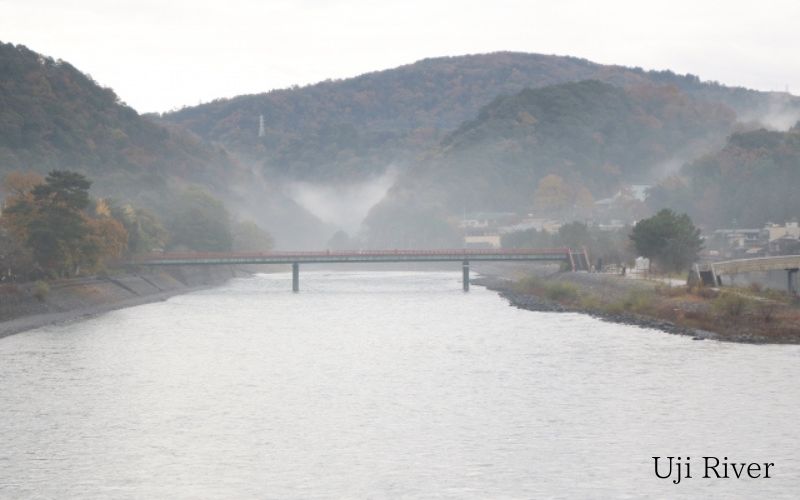
Uji Region is topographically divided into the eastern Daigo mountain range, central foothill areas, and western alluvial lowlands, with the Uji River flowing north to south through the center.
This topographical diversity creates an ideal environment for cultivating the finest matcha green tea leaves.
Central Uji, located where the Uji River (originating from Lake Biwa) flows from hills to flatlands, features distinctive weather conditions with morning mist and alluvial fan soil composition.
These natural conditions provide the perfect environment for growing organic matcha that maintains its vibrant color and nutritional profile.
Climate Conditions Ideal for Tea Cultivation
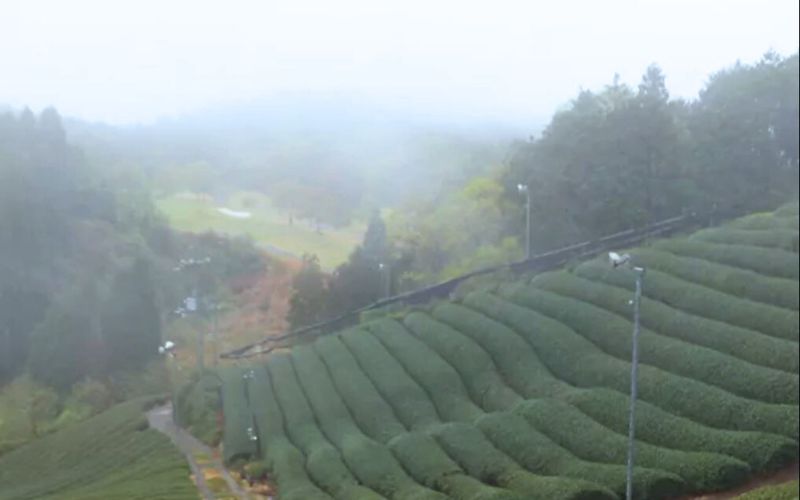
Kyoto, home to Uji matcha, boasts annual rainfall exceeding 1,300mm and an average annual temperature of 14-16°C—ideal conditions for tea plant cultivation.
The significant day-night temperature difference, particularly important for producing quality matcha tea powder, perfectly matches the climate around Uji.
These climatic characteristics have allowed stone-ground matcha from this region to maintain its reputation throughout history as a fragrant, high-quality tea with exceptional matcha antioxidant benefits.
Differences Between Uji Matcha and Other Major Production Areas
Shizuoka Matcha
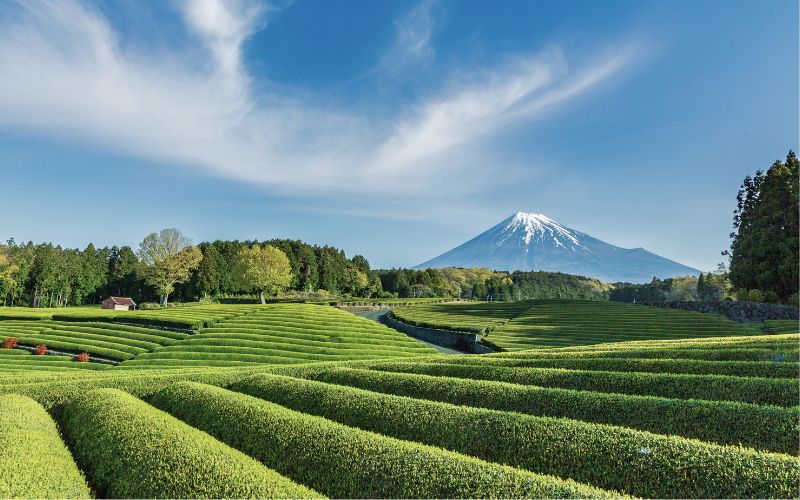
Shizuoka is Japan's largest tea-producing region, accounting for 39% of the country's crude tea production.
While famous for deep-steamed sencha, Shizuoka also produces high-quality matcha powder.
However, it differs from Uji matcha in flavor balance and traditional production methods, which is why those seeking the best matcha powder often look specifically for Uji varieties.
Aichi (Nishio) Matcha
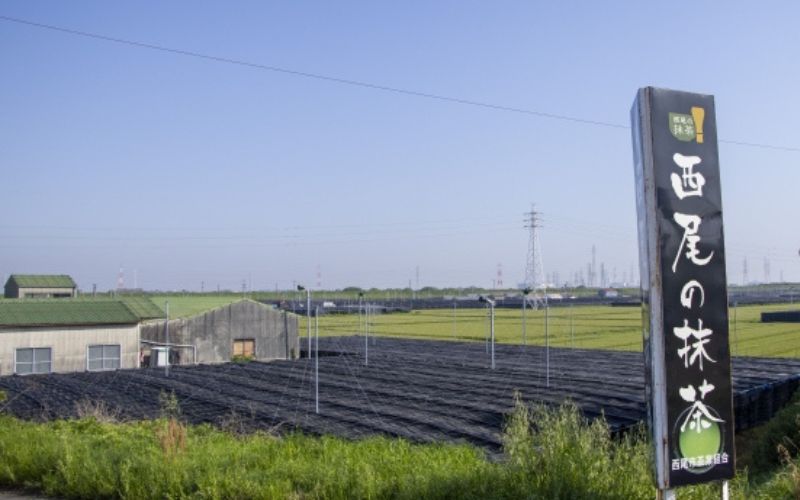
Nishio is Japan's second-largest matcha-producing region after Uji.
Most tea produced in Nishio City becomes "tencha," the raw material for matcha, and is recognized as "Nishio Matcha" under regional branding defined by the Patent Office.
While excellent for matcha for lattes and matcha for baking, Nishio matcha possesses different flavor characteristics compared to premium matcha from Uji.
Kagoshima Matcha
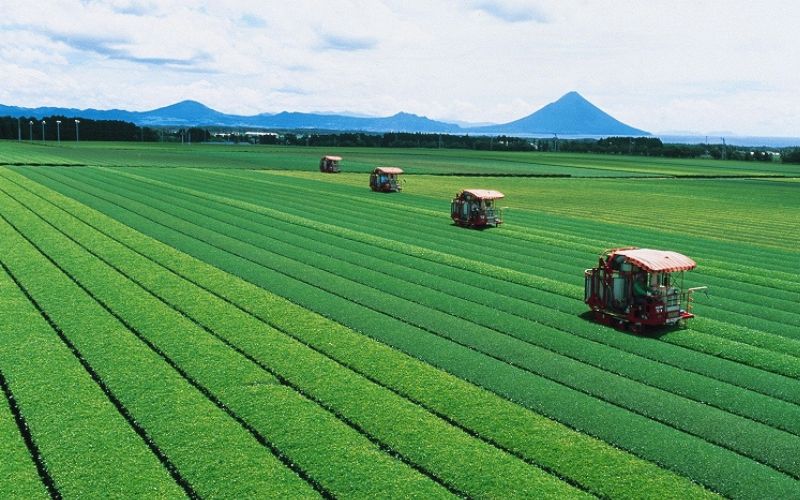
Kagoshima is known for brands like "Kagoshima-cha" and "Chiran-cha," utilizing its warm climate for tea cultivation.
While famous for producing Japan's earliest new tea of the season, Kagoshima still cannot match Uji's tradition and quality in ceremonial grade matcha production, though it offers excellent culinary matcha options.
The Charm of Uji Matcha
Unique Flavor Balance
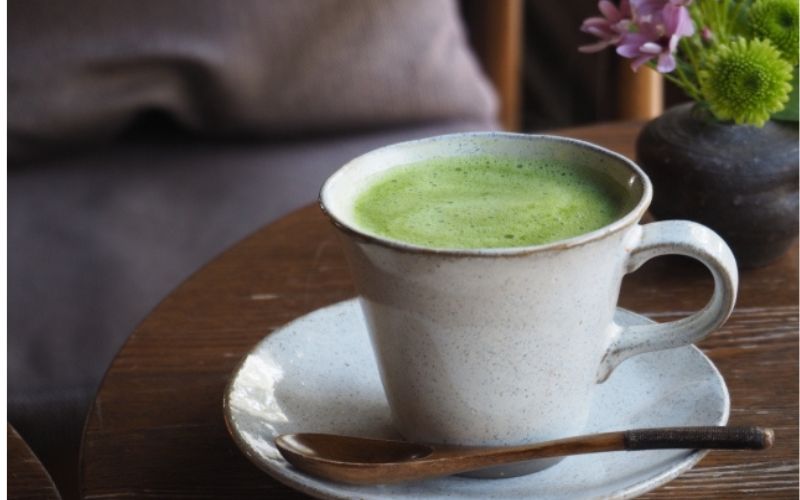
The most distinctive characteristic of authentic Japanese matcha from Uji is the deep sweetness and richness that follows its initial astringency.
Its excellent balance makes it highly versatile—perfect for traditional preparation with a matcha tea set or as matcha for lattes in modern cafes.
The matcha flavor is neither too strong nor too weak, making it universally appealing whether used as ceremonial grade matcha for drinking or culinary matcha for cooking.
Vibrant Green Beauty
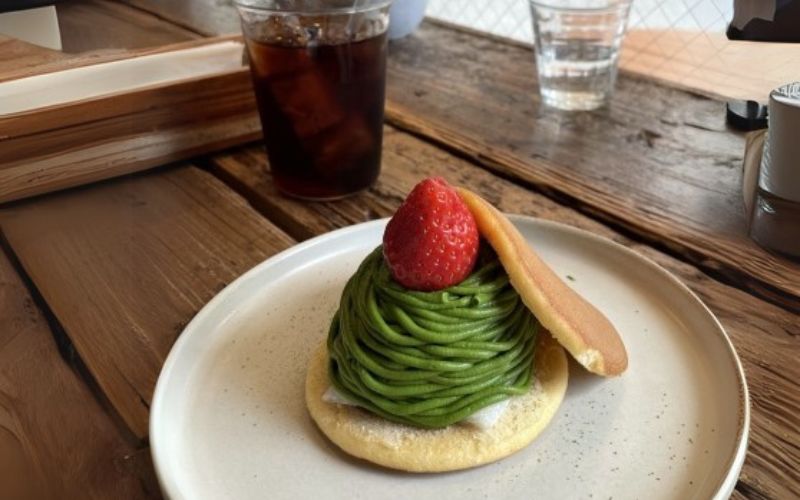
The vivid green color of premium Uji matcha is another major attraction.
Tea leaves grown under shade (covered cultivation) are rich in chlorophyll, resulting in a brilliant green hue.
This beautiful coloration enhances the visual appeal of matcha green tea when served traditionally, as well as in matcha for baking applications like pastries, cakes, and ice cream.
Health Benefits and Versatility
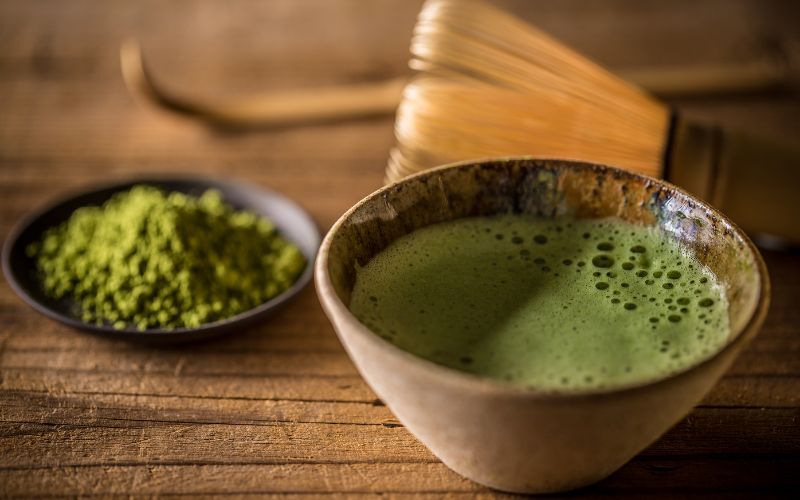
Uji matcha is renowned for its exceptional matcha antioxidant benefits, containing higher concentrations of catechins and L-theanine than other teas.
The balanced matcha caffeine content provides sustained energy without the jitters associated with coffee.
These properties have made Japanese matcha increasingly popular among health-conscious consumers looking for "matcha near me" in local shops and online retailers.
For culinary enthusiasts, having matcha bulk options available is essential.
Whether you're creating matcha lattes, baking matcha-infused desserts, or incorporating matcha tea powder into savory dishes, having access to different grades of matcha—from ceremonial to culinary—allows for endless creative possibilities.
History and Tradition
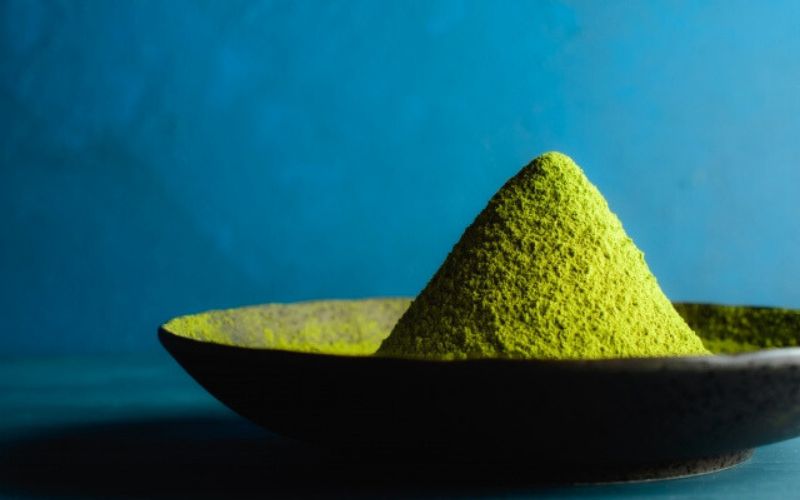
Uji is known as the birthplace of matcha, with a history dating back to the Kamakura period.
The origins of today's "Uji-cha" began when Myoe received tea seeds from Zen Master Eisai and started tea cultivation at Kozanji Temple in Kyoto.
This long history explains why authentic Japanese matcha from Uji, especially when prepared with a traditional matcha tea set, offers an experience that connects drinkers to centuries of Japanese cultural heritage.
Conclusion
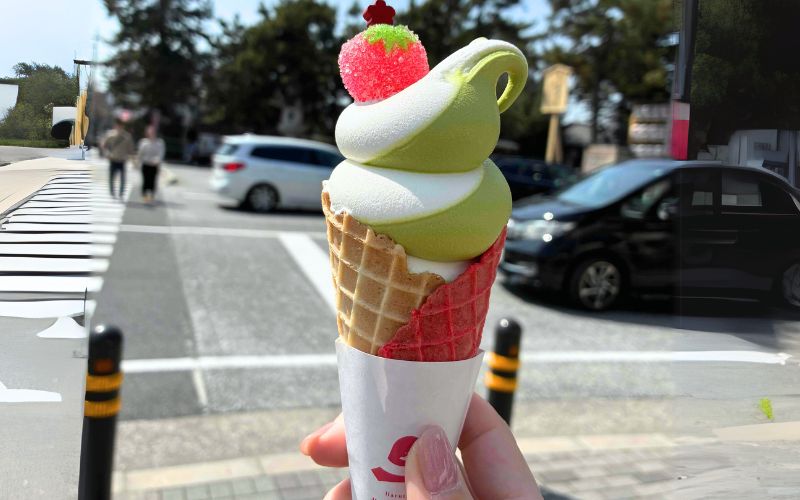
Whether you're searching for the best matcha powder for traditional ceremonies, organic matcha for health benefits, or culinary matcha for creative cooking, Uji matcha represents the gold standard.
Its balanced flavor profile, vibrant color, and rich cultural heritage make it the preferred choice for matcha enthusiasts worldwide.
When visiting Japan, experiencing authentic Uji matcha should be at the top of your list.
For those wondering where to buy matcha of true quality, seeking out certified Uji sources—whether in specialty shops asking for "matcha near me" or through reputable online retailers offering premium matcha—is essential to experience the genuine article.
From stone-ground matcha prepared in the traditional way to innovative uses in modern cuisine, the versatility and quality of Uji matcha continue to captivate people around the world.

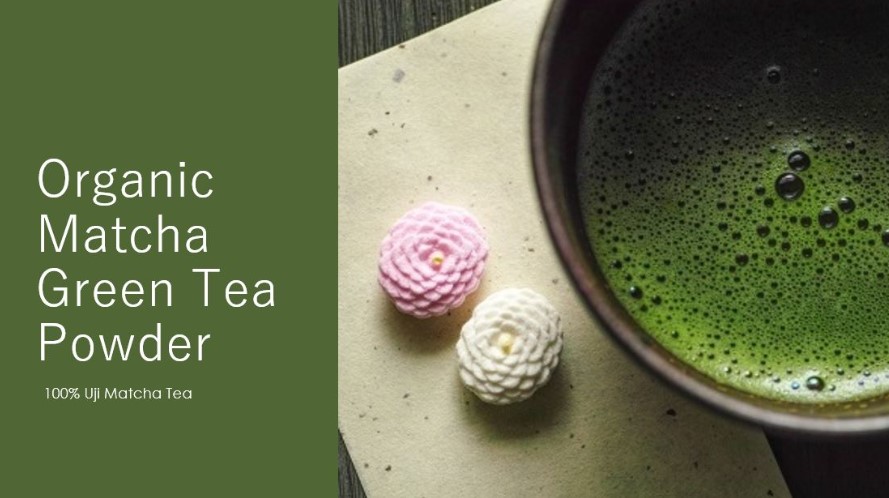
Facebook Comments